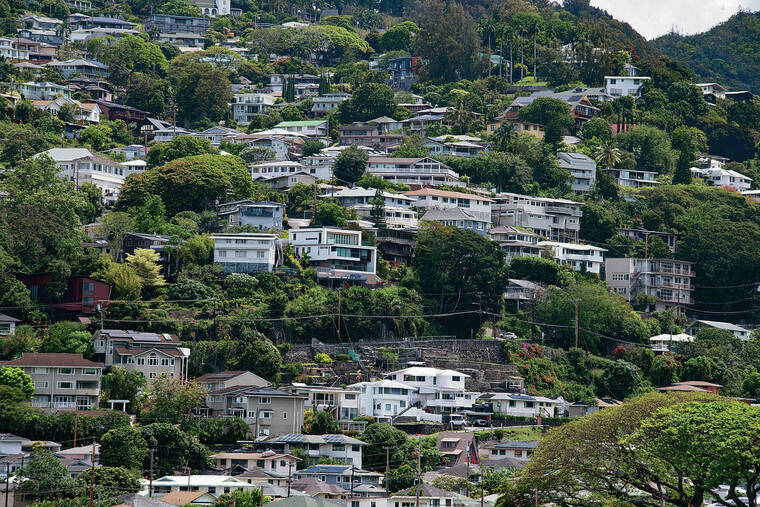Honolulu is grappling with a significant housing crisis and is now considering the implementation of an “empty homes tax” to address the growing need for local housing. The urgency of this situation has escalated since the 2020 U.S. Census revealed over 34,000 vacant homes on Oahu. These properties remain unoccupied and unavailable for local residents who are desperately in need of housing solutions.
The proposed empty homes tax aims to increase taxes on residential properties that are not used as a principal residence for at least half of the year. This approach could lead to three key outcomes: reducing global demand for properties in Honolulu, converting these empty homes into residences for local citizens, and generating substantial new revenues for affordable housing initiatives.
In a bid to evaluate the feasibility of this tax, the city hired Ernst & Young in 2024 to develop a model for its implementation based on Bill 46 (2024). The firm completed its report in 2025, revealing that the empty homes tax could yield over $290 million in net revenues over the next decade, while facilitating the conversion of more than 1,100 housing units for local residents. Collectively, these benefits are valued at more than $1 billion.
Despite the potential benefits, the city’s Budget and Finance Services director recently canceled Ernst & Young’s contract and instructed the firm not to provide guidance on implementing the tax. This decision is particularly striking given the director’s previous opposition to the tax, citing a lack of resources and expertise. Even critics of the tax have expressed the need for the study to be completed to inform better decision-making.
The cancellation of the contract does not offer financial relief to the city, as the funds for the contract were sourced from federal allocations that will revert to the federal budget if unused. While recognizing that there is no single solution to the housing crisis, it is clear that the empty homes tax represents a vital tool in the city’s strategy. It uniquely positions the city to diminish demand from investors and vacation home buyers while simultaneously converting existing properties into homes for residents and generating sustainable revenue.
“Honolulu’s housing crisis requires bold leadership and decisive action,” argues Ellen Godbey Carson, a retired attorney and former president of the IHS/Institute for Human Services. She emphasizes that prioritizing the needs of local residents over the interests of wealthy investors is crucial. The empty homes tax could serve as a signal that the city is committed to addressing the housing needs of its residents, rather than facilitating investment opportunities for external buyers.
As the city faces increasing pressure from current residents who struggle to find affordable housing, the empty homes tax is not merely a policy proposal; it is a commitment to prioritize local needs. The question now remains: will Honolulu allow wealthy investors to dictate its housing future, or will it take a stand to support its residents?
The time for action is now. The empty homes tax is not just an economic strategy; it reflects the community’s values and its responsibility to ensure that all residents have access to housing. As the city deliberates on this critical issue, the stakes have never been higher for the people of Honolulu.
